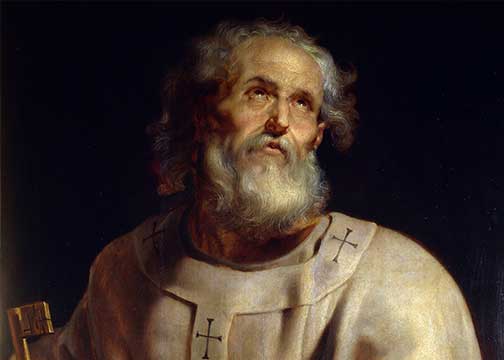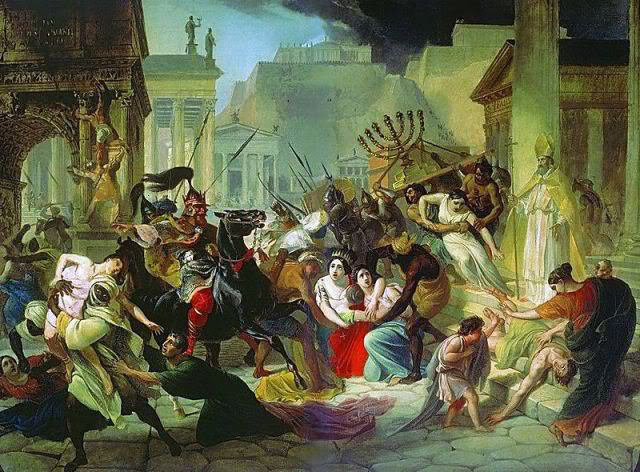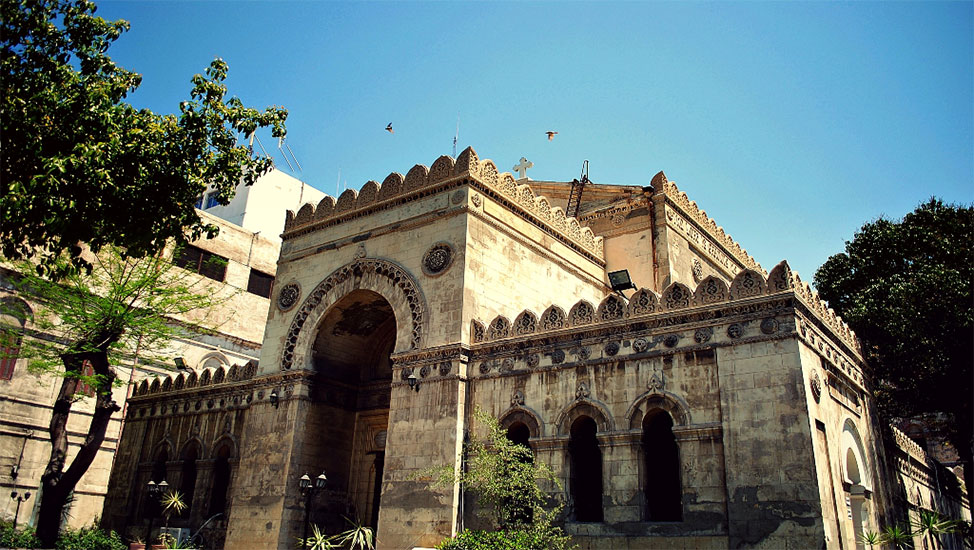Historical Eras

Alexandria and Christianity

Jesus-Christ was born under the rule of Emperor Augustus in Bethlehem, Palestine. Christianity blossomed rather humbly in the beginning with the missions of the Apostles and Disciples of Christ. Christ died in the year 30 B.C. The Apostles and Disciples were from the lower strata of the society and were from different cities, but learned Christian rites and cult and put them into practice in the Temple of Solomon where they gathered.
According to accounts of historical account, the early 120 Disciples who quickly increased to become 500 then 3000 and 5000 between 35 and 37 A.D. Later on, their number reached 50000 in Rome, where Saint Peter founded the first and most famous church of Rome.
Early Christian history tells of the three most important missionaries in that time: Paul, Peter and Mark.
- Paul started his evangelization of the Jews in Damascus, then moved on to Antioch, Cyprus, Asia Minor, the Levant coast – Tyr, Jericho, Cesarea, Palestine and Jerusalem between 45 and 58 A.D.
- Peter probably preached in Antiochus around 45 A.D.
- Mark the evangelist established the church of Alexandria, then travelled for a short while to Rome and returned to Alexandria where he preached among the Jews. He lived in the Jewish quarters in Alexandria and was a very active missionary until he died in 62 or 68 A.D.
Christianity spread across Egypt and particularly Upper Egypt around the end of the Second Century A.D.

Christian persecution in Alexandria
After Nero’s horrible persecutions and killings of Christians in Rome where the Apostles Peter and Paul were put to death, idol worshipers attacked Christian churches in Eastern Alexandria in 68 A.D., killing St. Mark the Evangelist. Another wave of Christian persecution also occurred in 98 A.D. under the rule of Emperor Trajan in various areas of Egypt and Alexandria.
Persecution of Christians continued under the rule of various Emperors: In the early years of the third century A.D., under the rule of Emperor Septium Severus, many Christians were sent to Alexandria to be sentenced to death and in the era of Emperor Valerian (253-260 A.D.), Christian priests and leaders were denied the right to meet in church and many Christians and priests died of asphyxiation in the Catacombs where they often gathered, while many others were executed by the Romans.
The worst persecutions occurred under the rule of Diocletian (284-305 A.D.), where Christians were ousted from the Emperor’s Court and army, exiled, denied civil rights, holy books and churches arsoned, vandalized, looted and destroyed, and people killed in horrible massacres to the extent that this era was called the Martyrdom Era and the Coptic Church established the Martyr Calendar in 284 A.D.Paradoxically, this series of persecutions led to the further spread of Christianity and many idol worshipers were attracted to this religion and its beliefs, amazed at the spirit that prevailed among its worshippers. Thus, Christianity prevailed in Alexandria and spread to many areas across Egypt.
Constantine embraces Christianity
Having served at a young age Emperor Diocletian, Constantine witnessed Christians in their daily living and the spread of their faith across Egypt. Aware of the strength of Christian faith and the necessity to change the political attitude in favor of Christians, he quickly overcame his rivals as soon as he was crowned Emperor and, persuaded by Christians that he was crowned thanks to their support, he got rid of pagans in favor of the rising Christian faith.
In 313 A.D., Constantine issued the Milan Decree of religious tolerance and adopted Christianity as a formal religion in the whole Empire.

The Church of Alexandria
St. Mark founded the Church of Alexandria, and paid his life for his dedication, when in 62 A.D., or 68 A.D. according to some accounts, pagans dragged him across the streets of Alexandria till he was ripped to shreds.
During the 1st century A.D., the Church of Alexandria used Greek for its liturgies, rituals, teachings, and evangelization. Later on, the Catechetical School of Alexandria was founded in Alexandria.
After the time of the Apostles, the Church started to grow, the number of Christians increased, and many pagans embraced Christianity. The Catechetical School of Alexandria was founded by monks of the church and headed by Saint Clement of Alexandria succeeded by Origen, who was regarded the most influential Christian figure in the history of the Church of Alexandria. His legendary courage, deep interest in the fundamentals of Christianity and piety earned him great fame.
The diocese of Alexandria was later headed by a number of prominent bishops, the most distinguished of whom was Saint Peter. He was the Bishop of Alexandria in 300 A.D., and one of the most renowned and competent Christian scholars in Egypt.

